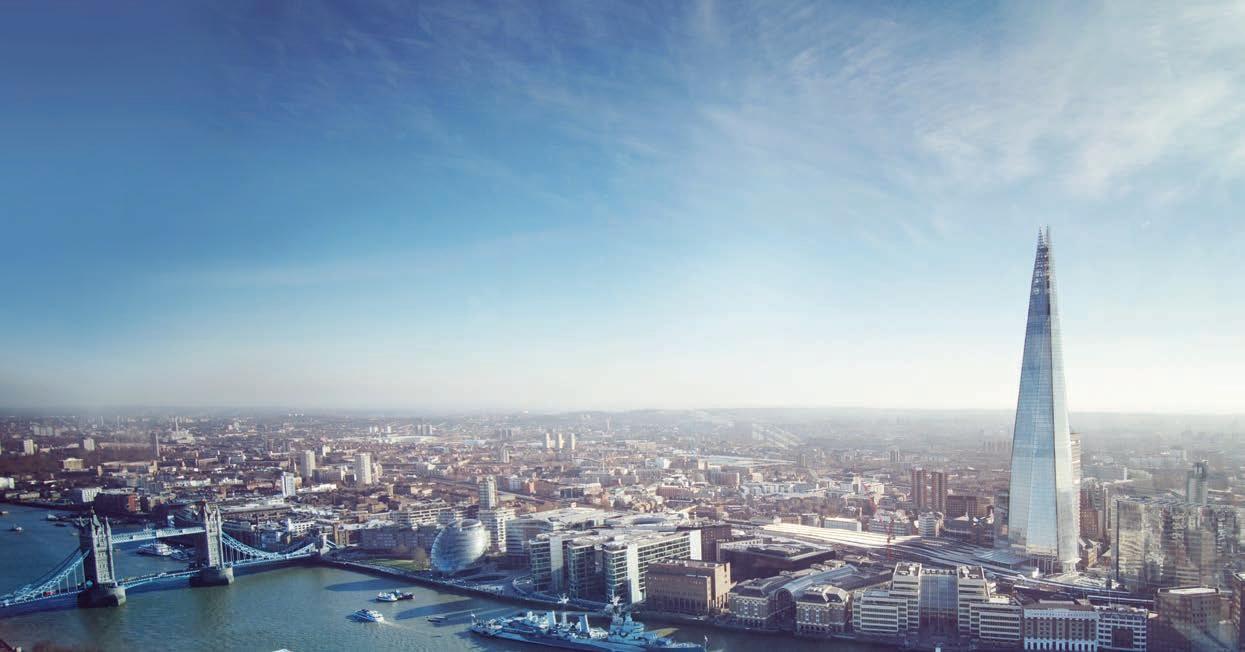Nationality, Identity and Belonging BY DR JUANITA COX
In April 2018, during the Commonwealth Summit in London, a major controversy broke over the treatment of members and descendants of the ‘Windrush Generation’ who had migrated to the UK from the Caribbean in the two decades after the end of the Second World War. This year, I had the opportunity to lead a research project with the Institute of Commonwealth Studies (ICwS) at the University’s School of Advanced Study (SAS), to capture the oral histories of these people and to examine their relationship to the British state. The purpose of the research was to explore key questions and highlight the importance of the Windrush Generation in higher education.
A
s the UK’s national centre for the promotion of research in the humanities, the School of Advanced Study is at the forefront of developing and supporting innovative research initiatives. Diversity and inclusion are at the heart of research projects and programmes, bridging the gap between academia and social policies in order to take control of inequality and injustice across society. It is for this reason the ICwS and SAS chose to focus on the historic and contemporary issues of those individuals and communities affected by the Windrush scandal.
A ‘hostile environment’ Under the 1948 British Nationality Act, members of the Windrush Generation shared the status of ‘Citizens of the UK and Colonies’ (CUKCs). However, the 1962 Commonwealth Immigrants Act removed the right of free entry into the UK of CUKCs. Subsequent acts in 1965, 1968, 1971 and 1981 further restricted the right of CUKCs and ‘Commonwealth citizens’ to enter and settle in Britain. Although Commonwealth citizens who had been settled in the UK for five years prior to 1 January 1973 (the date when the 1971 Act came into force) were entitled to right of abode, official records were not systematically kept of those who enjoyed such status. From 2010 onwards, Whitehall enforced a ‘hostile environment’ towards those suspected of being illegal immigrants. New legislation was introduced in the form of the 2014 and 2016 Immigration Acts, which made it more difficult for those who could not prove their legal right to be in the UK to remain in the country and to obtain work and accommodation. Over the course of the decade, significant numbers of Caribbean immigrants and their children, who lacked documentary evidence of their right to remain in the UK, found themselves threatened with, or subjected to, detention and deportation. Some of the most vulnerable members of British society found themselves trapped without recourse to legal aid. Uniquely positioned between academia, Westminster and society, ICwS set out
14 WC1E | london.ac.uk/alumni






















